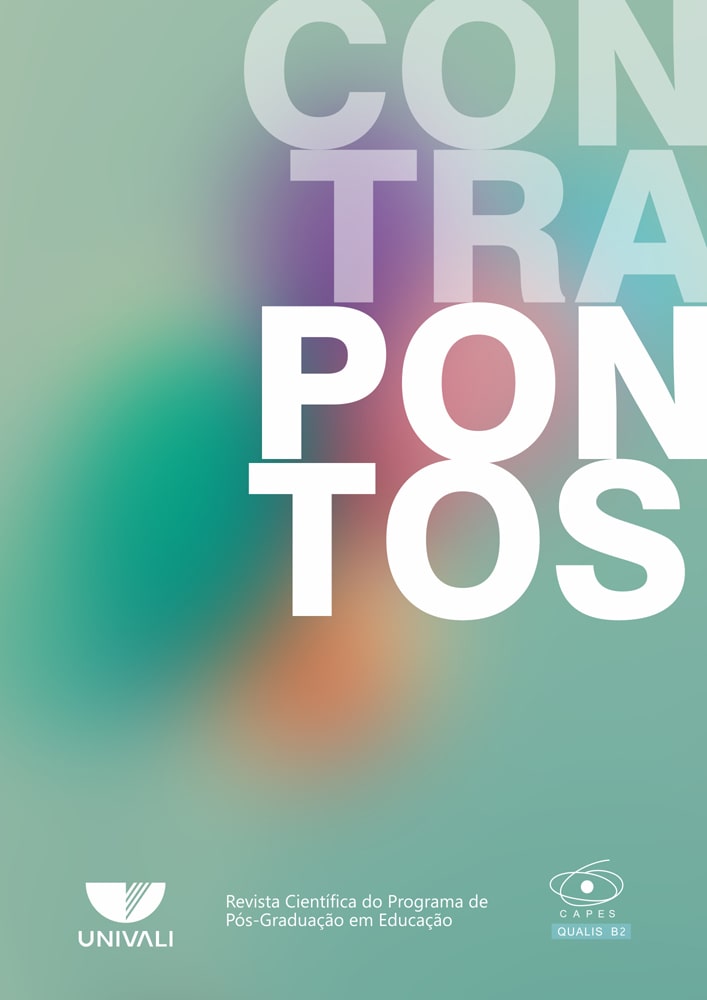
This article aims to discuss issues of an aesthetic-existential order observed in the Reveries of the Solitary Walker (Jean-Jacques Rousseau). It also brings into the dialogue Transparency and Obstruction (Jean Starobinski) which, together with other commentators, promotes the examination of solitude in the reflections on Rousseau. Solitude is understood here as a self-formative energy and a feeling that allows the autobiography’s literary expression in Rousseau's work. We have chosen a few questions to guide the discussion: what meaning would be given to a writing of the self as a place of solitude and a radical affirmation of existence in Rousseau’s work? What meaning could we ascribe to the self-formative energy of both writings when it comes to the mastery of the self? One of the ways in which the writing of self radically expresses existence in Rousseau is his obsession with “transparency”, which led him to the conquest of a unity between self and language, in which the word incarnates the self. Rousseau mingles his existence with the very essence of truth, by taking his memories as raw materials for reveries that acquire literary form, giving authenticity to the work and producing a unifying discourse as they become intertwined with a truth of sentiment. This self-affirmation also includes the decision to narrate his own life in order to convey to the reader more authentic information on how he became who he is, and perhaps achieve remission and public recognition. The writing of the self would appear as a place of solitude, in other words, the writer's act of freedom. The irreparable solitude of the walker acts in the Reveries as a self-formative energy, assuming an aesthetic value and corroborating the erratic and endless exercise of knowledge of the “self” and of existence, metamorphosed into an autobiographical literary work.





